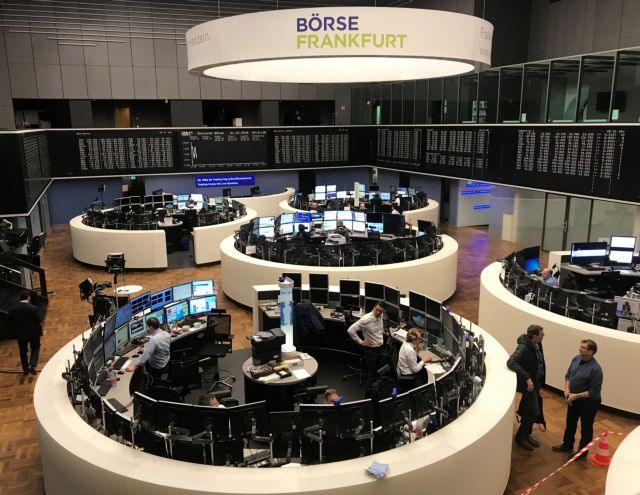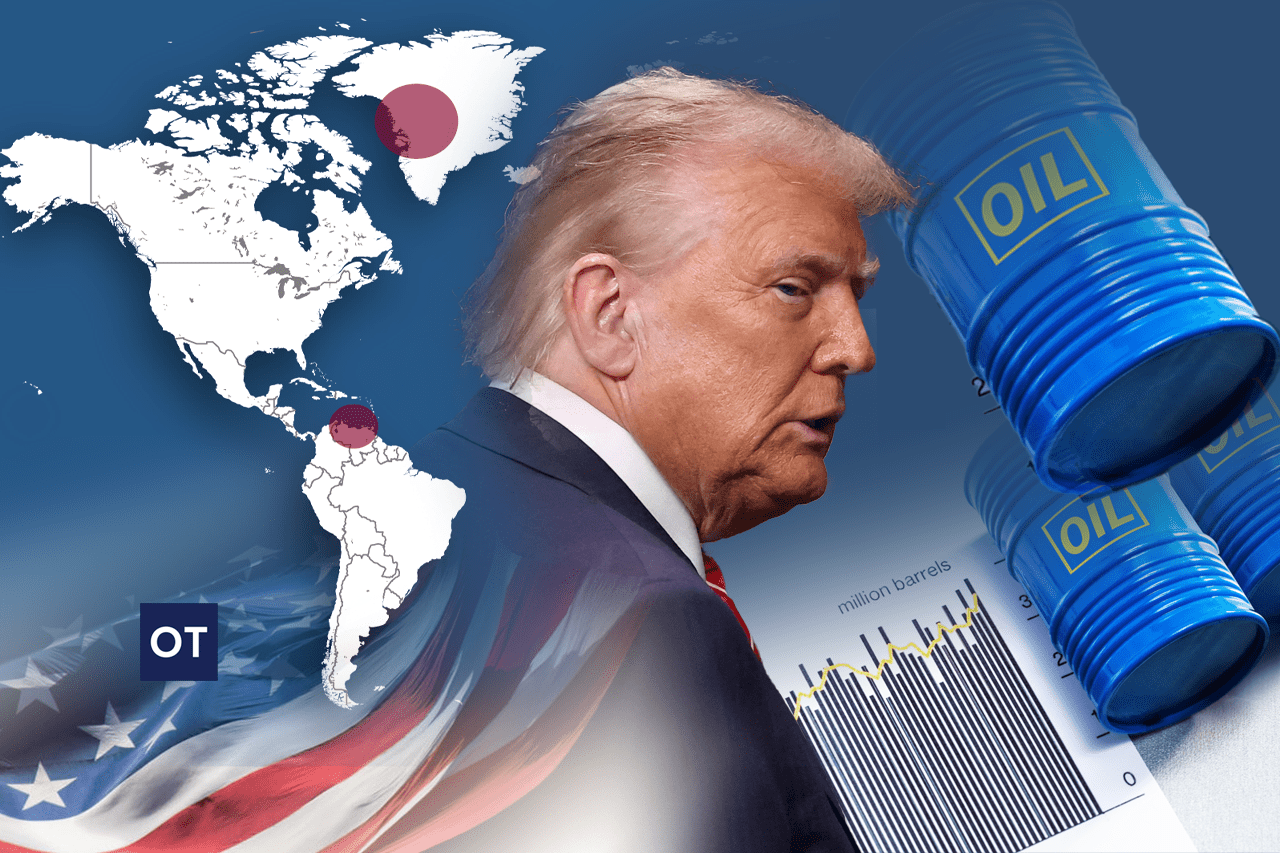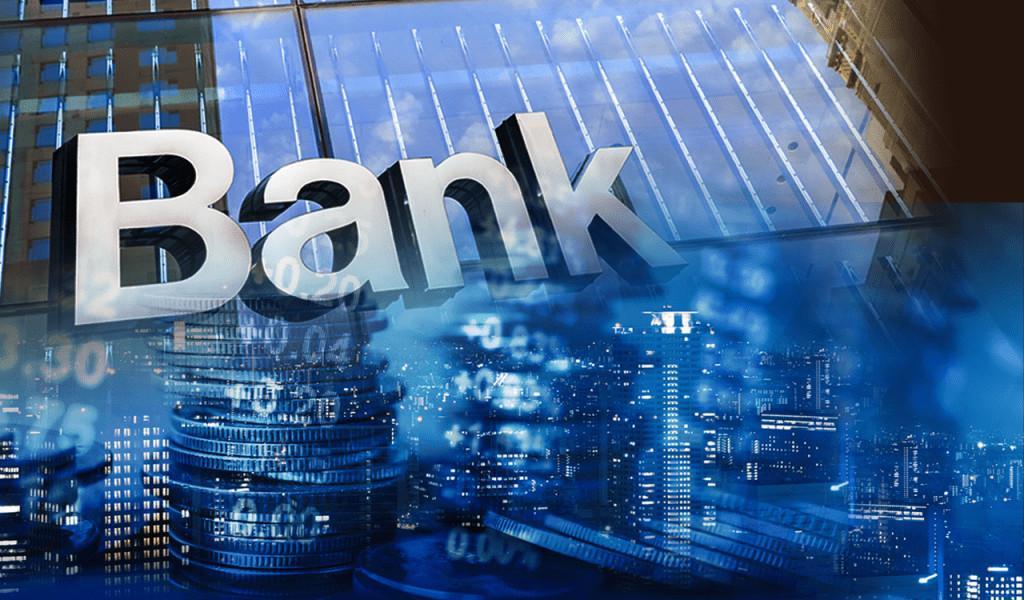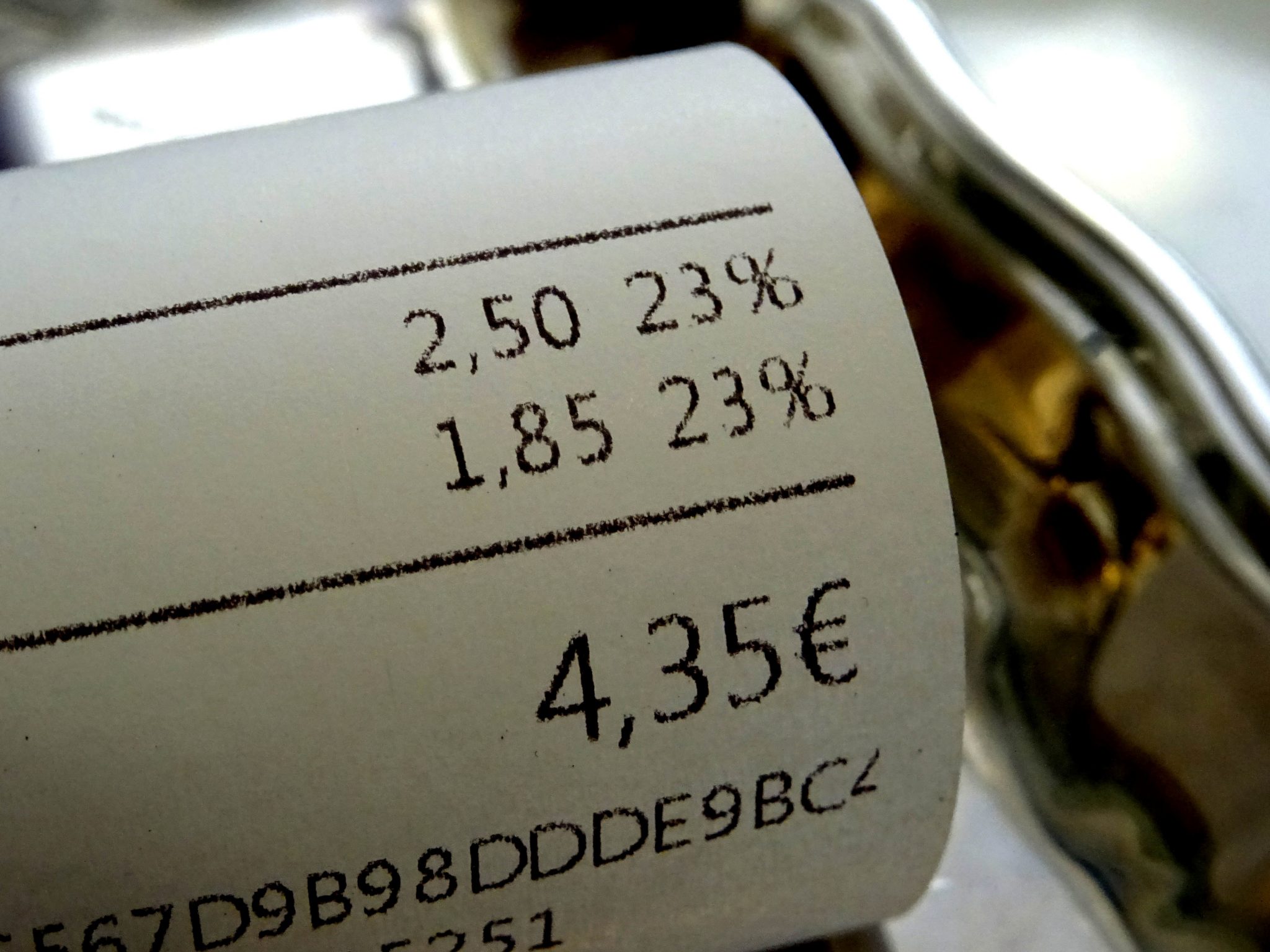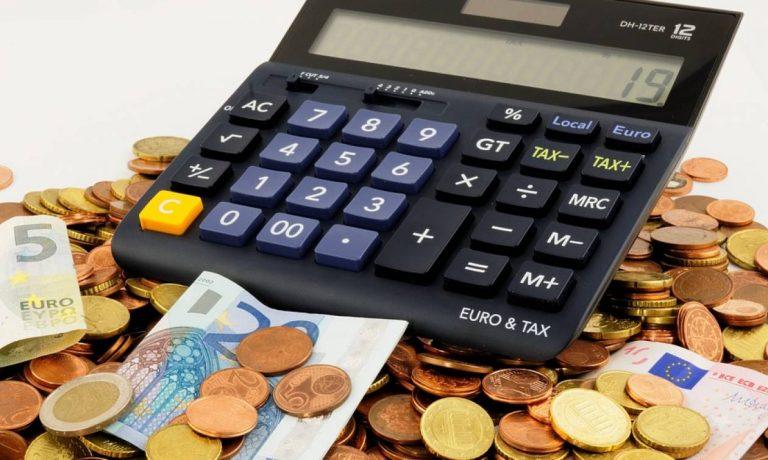One of the most favored European economies is that of Greece, according to a report by Goldman Sachs.
According to the American agency, the country will see a positive effect on its GDP of more than 12% from the Fund’s money, while it predicts GDP growth of over 5% for Greece.
Through these, and the significant coverage of the “Greece 2.0” plan, the Goldman Sachs expects that the cumulative growth will exceed 5% by 2026, which is the approximation for Italy and Spain.
Recently, he had pointed out that the funds will increase the level of GDP by at least about 7% in Greece and 5% in Portugal by 2026.
In addition, the Recovery Fund is considered less important for France not only because support is lower, but also because the French plan focuses on current spending with a limited range of new reforms.
Moreover, the Fund mechanism offers an important opportunity for the countries of the European South to maintain their growth momentum even after the opening of economic activities after the pandemic, despite the significant risks involved in the implementation of the projects.
On the other hand, the health situation in the euro area continued to improve, due to the reverse trends in cases and vaccinations. According to Goldman Sachs, the age structure of new coronavirus cases (a sharp slowdown is recorded in those over 60) is in line with the significant effect of boosting the vaccination rate, which is expected to reach the 50% of the population target by mid-June.
However, the risks surrounding the Indian strain mutation, which is responsible for a rapidly rising rate of infection, remain in focus, due to possible spread to southern countries through summer travel.
The effectiveness of the vaccines, however, suggests that Europe’s opening schedule is generally well on its way to further opening in the summer.
As for the ECB monetary policy and the upcoming crucial meeting in June, the Goldman Sachs expects a slight reduction in the pace of purchases through the emergency PEPP program, which will be accompanied by an improved review of growth prospects.
Although yields on longer-term bonds have strengthened sharply since the ECB meeting in March, the sell-off so far looks less “harmless” than in February, largely reflecting the pricing around stronger growth prospects and inflation.
The most important issue, however, according to Goldman Sachs, is the review of the strategy and the new guidance of the ECB, which is expected to be completed in September.
As the agency points out, while the inflation target of around 2% now seems very likely, the political implications of this shift are probably limited.


